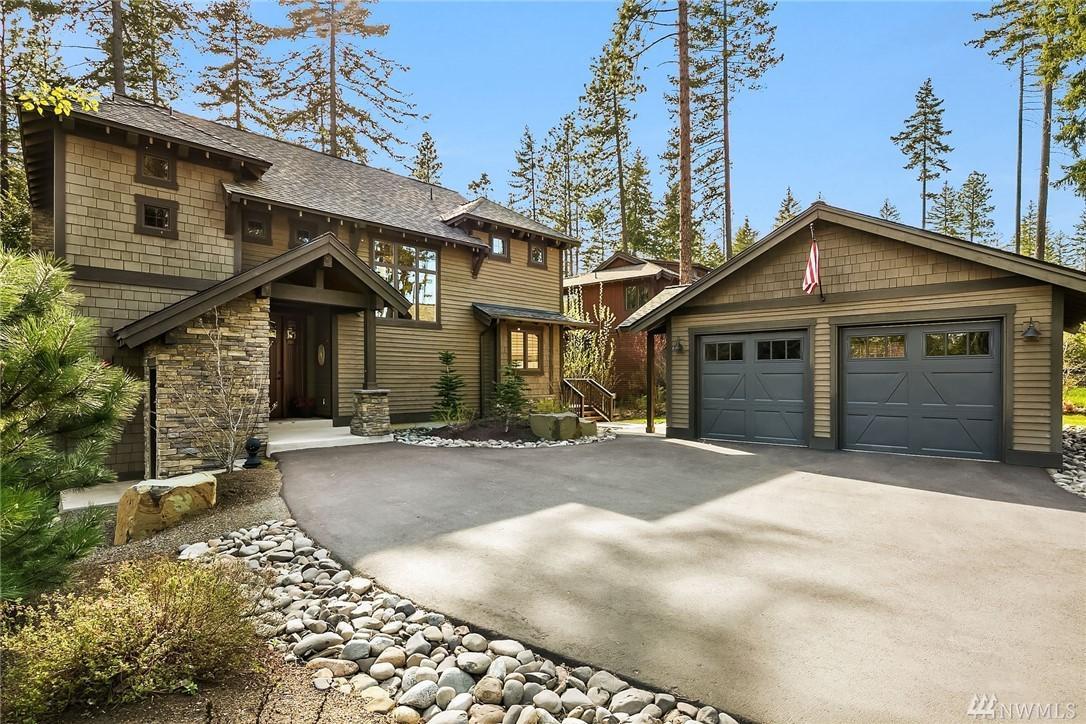
Thinking of making your next home a custom-build? Here’s what to consider before you commit.
Six months after moving into their new home, Steve and Jane Nelli are still astonished every time they walk in.
“Our great room, with its panoramic view of the golf course. It’s just … impressive, every time. It came out exactly the way we envisioned – no, better actually,” Steve says.
The Nellis’ home at Suncadia Resort, which was built by Lynn Romans of WoodRidge Custom Homes, was the culmination of a year’s worth of hard work – and what felt like thousands of decisions.
“That was a surprise, as a first-time home builder,” says Steve. “How much work it was. How many decisions you have to make. From the big stuff like cabinetry and flooring to the little things like faucets and door knobs.”
Getting to make those choices is exactly what draws many people to custom home-building, says Michael Eide of Eide Homebuilders. It means a bespoke home that’s a realization of your personal vision in every way – a dream for some, and a nightmare for others.
“If you don’t have the time to invest in those decisions, custom isn’t for you,” says Jeff Hansell of Swiftwater Homes. “You should buy something move-in-ready.”
So for those who do choose to go the custom route, how do you do it right?
Eide, Hansell, and Steve all agree: the key is finding the right builder.
“You need to choose a contractor that you get along with, that you can trust,” says Hansell. “I like to say that you’re going to get married for almost a year, so you’d better make sure this is someone you can work with.”
And like any good marriage, your relationship should be based on communication and honesty.
“Everyone needs to be upfront about their expectations from the get-go, especially around budget,” says Hansell. “I’ve had people at the end of a project tell me that they had this reserve budget set aside because they were told that everyone always goes over budget. In the end, that budget went unspent.”
Almost as important as hiring the right builder is hiring them at the right time – namely, as early in the process as possible, before design is finalized.
“Sometimes a client will come to me when everything’s designed,” says Eide. “At that point, it’s much harder to find cost savings. If we’re involved from the very beginning, we’re able to give cost estimates as the design proceeds so we can give them direction.”
Eide says this can have a huge impact on the bottom line. “When you plan and cost at the beginning, you’re able to strike a balance. What are the things that matter most to you? We might want to splurge a bit there, and we can balance that out with savings on the things that aren’t quite as important. It’s much more difficult to strike that balance when you’re making decisions as you go.”
According to Hansell, a good builder can help you establish those priorities by asking the right questions. “It’s not just a matter of, what kind of flooring do you like? A contractor considers the use of the home, where a family is in its lifecycle. We want to make sure that home is going to work for you, not just on move-in day, but for years and decades beyond. We want your home to be as future-proof as possible.”











